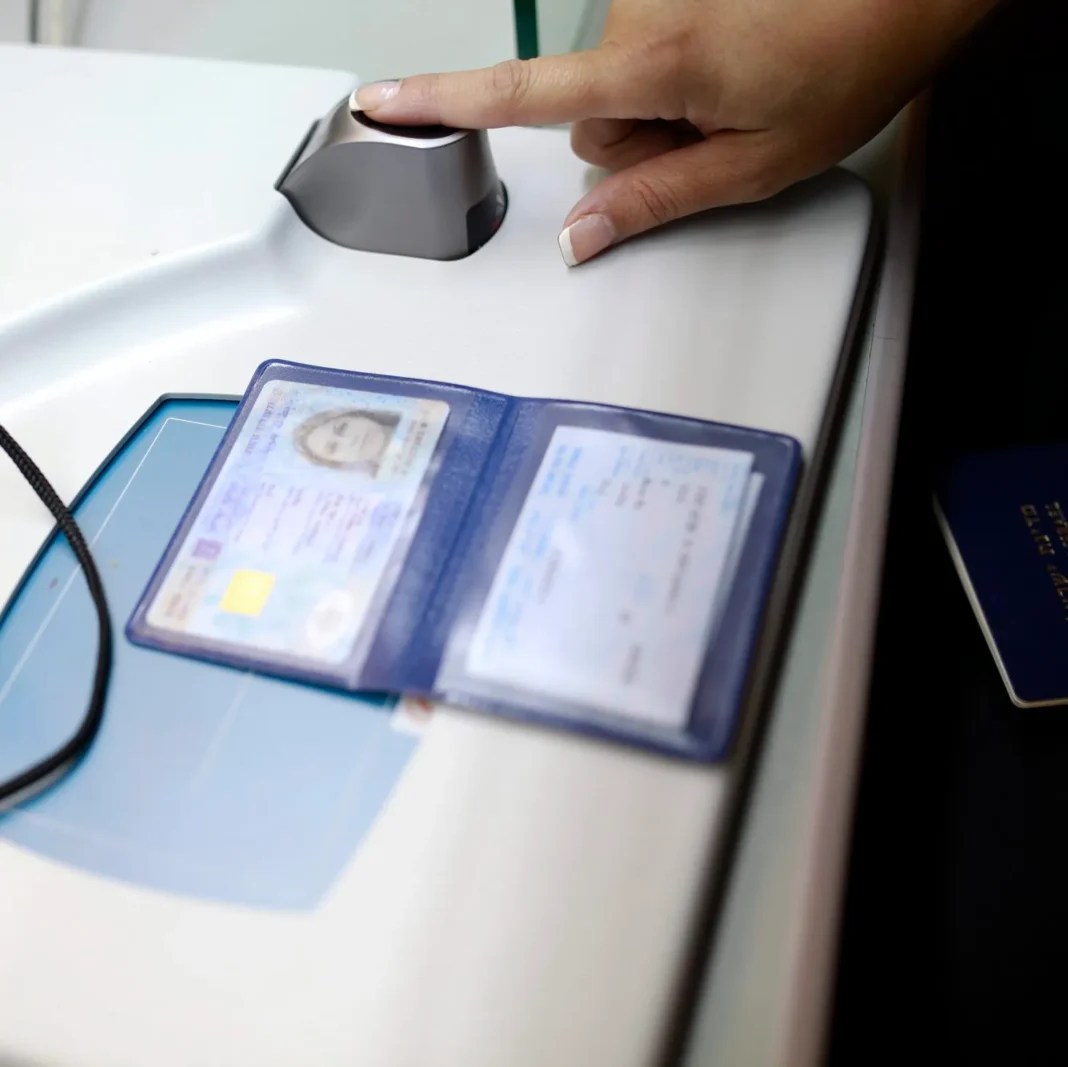In today’s modern world, having a reliable form of identification is essential for managing daily life. From accessing government services to opening a bank account, your identity card plays a pivotal role in confirming who you are. However, many individuals are unaware of the significance of the supplementary identity card, or “ספח תעודת זהות” in Hebrew. This article will explore what a supplementary identity card is, why it’s important, and how to go about the process of obtaining one, including the steps involved in הוצאת ספח תעודת זהות.
What Is a Supplementary Identity Card?
A supplementary identity card, commonly referred to as the identity card appendix or “ספח”, is an official document issued alongside the Israeli identity card (Teudat Zehut). While the main ID card contains basic personal information such as name, ID number, and photo, the supplementary card provides additional vital details, including:
- Marital status
- Spouse’s name and ID number
- Names and ID numbers of children
- Address of residence
Unlike the main ID card, which is plastic and often carried in a wallet, the supplementary card is usually made of paper and is issued as a booklet. Despite its simple appearance, it carries great importance in administrative and legal contexts.
Why Is the Supplementary Identity Card Important?
Many people underestimate the value of their supplementary identity card. However, this document is essential for a wide range of purposes. Here’s why it matters:
Proof of Family Relationships
The supplementary identity card officially lists your spouse and children. This is particularly useful when applying for child benefits, registering children in school, or during any administrative process that requires proof of family ties.
Access to Government Services
Israeli government services often require the supplementary card when submitting applications for social security, health benefits, or housing assistance. It helps confirm not just your identity, but also your household composition.
Legal and Civic Procedures
The card is frequently needed in legal processes such as marriage registration, divorce proceedings, or inheritance matters. Courts and legal institutions rely on the document as a credible record of familial and civil status.
Voter Registration
During elections, your eligibility and assigned voting station are linked to your official registered address. The supplementary card contains this address, making it essential for participating in national and local elections.
Banking and Financial Services
Some financial institutions may request your supplementary ID when opening joint accounts or applying for loans, especially when assessing family income or household details.
Common Situations Requiring a New Supplementary Identity Card
There are several circumstances in which you might need to request a new supplementary card. These include:
- Change of address
- Marriage or divorce
- Birth of a child
- Loss or damage of the previous card
- Name change due to religious or legal reasons
In each of these cases, an updated supplementary card reflects your current status and is required to maintain accurate records.
The Process of הוצאת ספח תעודת זהות (Obtaining a Supplementary Identity Card)
The process of הוצאת ספח תעודת זהות is straightforward but must be completed through official channels. Whether you are applying for your first supplementary card or replacing an old one, here’s what you need to know.
Eligibility
Any Israeli citizen who holds a valid identity card is eligible to obtain or update a supplementary identity card. If you’re married, your spouse’s details must also be updated accordingly.
Where to Apply
Applications for הוצאת ספח תעודת זהות are handled by the Population and Immigration Authority (רשות האוכלוסין וההגירה). You can apply in person at your local bureau or, in some cases, online via their official website.
Required Documents
When applying, bring the following:
- Your original Teudat Zehut
- Any legal documents supporting the change (e.g., marriage certificate, divorce papers, birth certificates)
- A utility bill or rental contract for proof of address (if updating address)
Ensure all documents are originals or certified copies. You may also be asked to fill out a form or make a declaration in person.
Cost and Processing Time
In many cases, obtaining or updating your supplementary identity card is free. However, if you have lost or damaged your card, a small fee may apply. Processing times vary but are generally quick. In most locations, the updated card is issued on the spot or sent to your registered address within a few days.
Online Services
In recent years, the Israeli government has improved digital access to services, including הוצאת ספח תעודת זהות. Some updates—such as change of address or family status—can be submitted online, reducing the need for in-person visits.
Tips for Managing Your Supplementary Identity Card
Keeping your supplementary identity card up-to-date is crucial for avoiding delays in legal or governmental procedures. Here are a few tips:
- Update immediately after major life events: Don’t wait to change your address, register a marriage, or list a new child.
- Store it securely: While you may not carry it daily, make sure it’s stored in a safe, easily accessible place.
- Photocopy or scan: Keep a digital copy in case the original is lost or damaged.
- Check for expiration or outdated information: Though the supplementary card does not officially expire, outdated information can cause complications.
Conclusion
The supplementary identity card might seem like a simple paper document, but its importance in Israeli civic life cannot be overstated. Whether you’re applying for benefits, proving family connections, or updating your address, this document is essential. Understanding how to manage and complete the process of הוצאת ספח תעודת זהות ensures that you remain compliant with national regulations and ready to access a wide range of services. By keeping this card accurate and up-to-date, you safeguard your rights and simplify your interactions with government and legal bodies.


